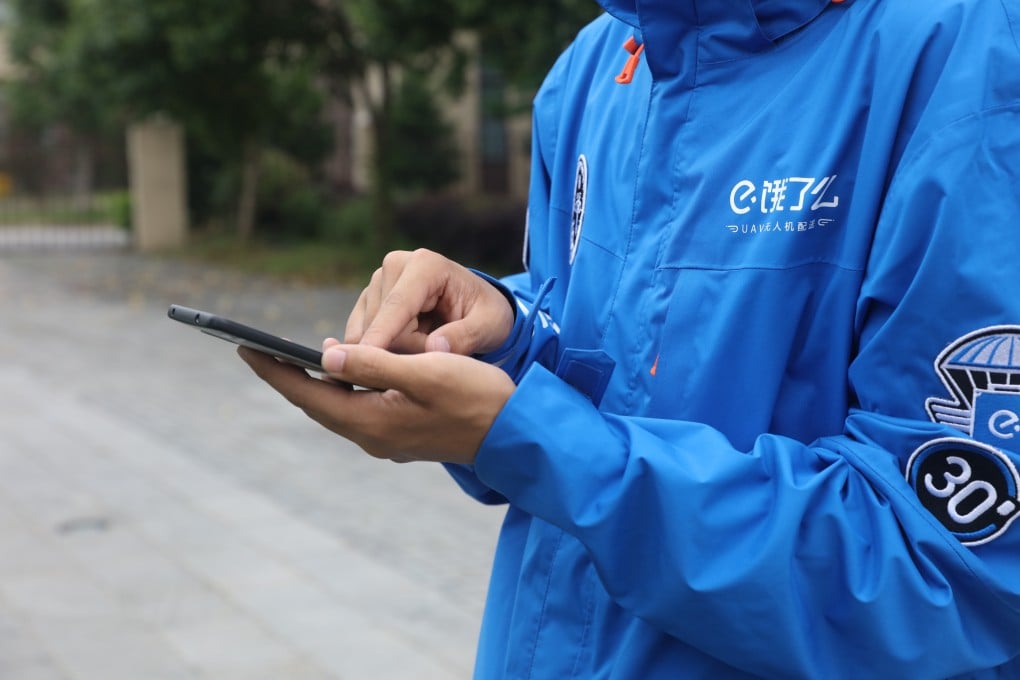Are food delivery apps listening to you? Chinese users think their apps are spying on them
Suspicious users are pointing the finger at Ele.me and Meituan, but is it any different to the paranoia over Facebook and Google in the West?

Some people seem convinced that their smartphone apps are eavesdropping on their conversations… even when these conversations are about something as boring as food.
Between November 2018 and March 2019, IT Times simulated conversations about food in the presence of phones that had two big food delivery apps installed: Alibaba-owned Ele.me and Meituan.
(Abacus is a unit of the South China Morning Post, which is owned by Alibaba.)
Reporters tested both Android and iPhone handsets and found that the probability of getting relevant app recommendations was as high as 60-70%. For instance, two reporters noticed that after chatting about eating Japanese food, the app would “suddenly“ suggest a Japanese restaurant.
The evidence may be somewhat tenuous, but it ties into a common fear that smartphone users around the world have had for some time now.